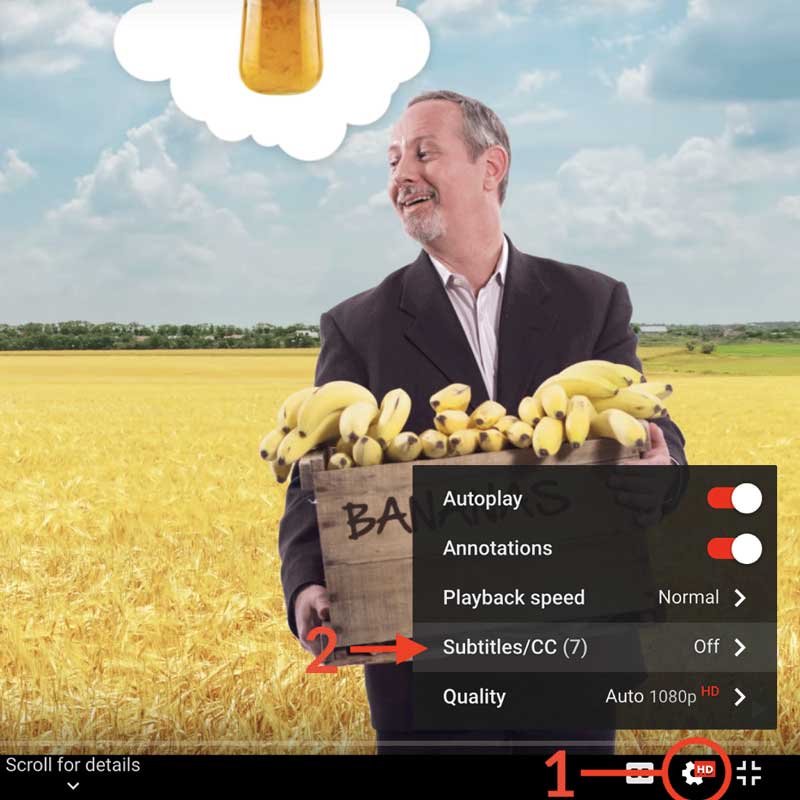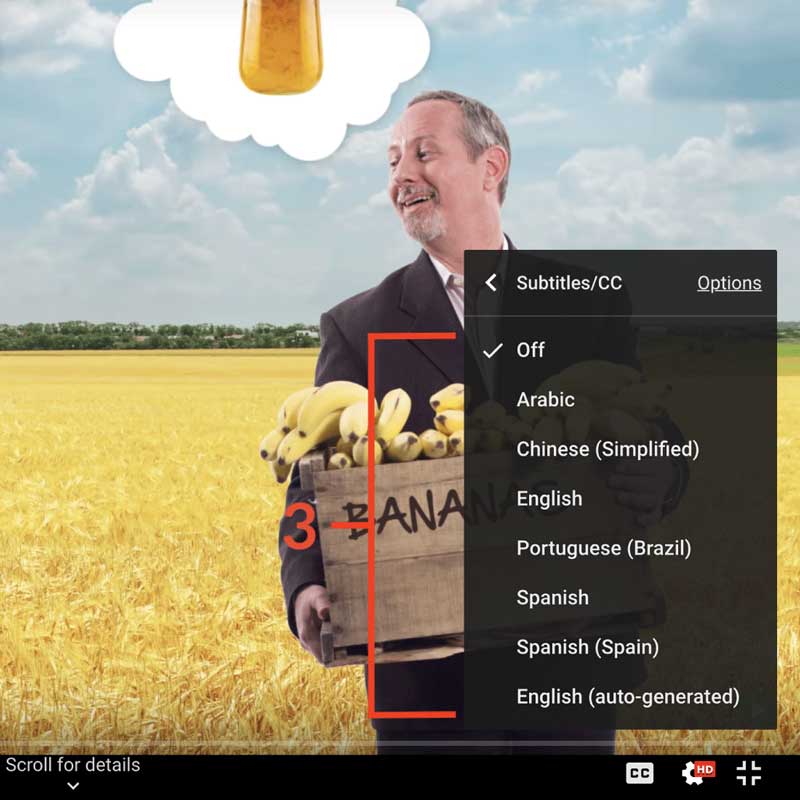Shadow Banks
Course Outline
Shadow Banks
A shadow bank performs bank-like activities, but is not always regulated and insured like one.
What we generally call “a bank” is technically a commercial bank. Commercial banks take deposits and are insured by the Federal Deposit Insurance Corporation (FDIC).
The shadow banking system is made up of investment banks and many other complex financial intermediaries, like hedge funds. Even some parts of commercial banks that are not covered by the FDIC can be considered part of the shadow banking system.
Why does FDIC insurance matter so much? We’ll cover that in the video.
Teacher Resources
Transcript
What is a shadow bank? Well, what you and I would commonly call just a "bank," is actually more technically a commercial bank, and that means a bank that takes deposits from individuals and businesses, and it's insured by the government through the FDIC. Because of the government guarantee, depositors don't feel the need to run to the bank at the first sign of trouble and pull out their money.
A shadow bank, on the other hand, does not take deposits, and so does not fall under the FDIC. Shadow banks are generally any entities that perform bank-like activities but are not regulated like traditional banks. Examples include investment banks, along with other complex financial intermediaries, such as hedge funds, issuers of asset-backed securities, money market funds, and even some parts of traditional commercial banks which are not covered by the deposit insurance guarantee.
Take investment banks, one type of shadow bank. Investment banks are a different kind of bank, without a comparable governmental guarantee for deposits or liabilities. The money they use comes from investors, not from depositors, so the investors are always asking, "If I lend my money to an investment bank, are my funds safe? Will I get my money back?" And these investors are more watchful and sometimes even prone to panic if something seems to be wrong with the investment bank. And we saw a lot of this during the Great Recession.
Check out our practice questions to test your skills on shadow banks. If you're curious to learn more about the role shadow banks played in the Great Recession, click here. Still here? Check out Marginal Revolution University's other popular videos.
Subtitles
Thanks to our awesome community of subtitle contributors, individual videos in this course might have additional languages. More info below on how to see which languages are available (and how to contribute more!).
How to turn on captions and select a language:
- Click the settings icon (⚙) at the bottom of the video screen.
- Click Subtitles/CC.
- Select a language.


Contribute Translations!
Join the team and help us provide world-class economics education to everyone, everywhere for free! You can also reach out to us at [email protected] for more info.
Submit subtitles
Accessibility
We aim to make our content accessible to users around the world with varying needs and circumstances.
Currently we provide:
- A website built to the W3C Web Accessibility standards
- Subtitles and transcripts for our most popular content
- Video files for download
Are we missing something? Please let us know at [email protected]
Creative Commons

This work is licensed under a Creative Commons Attribution-NoDerivatives 4.0 International License.
The third party material as seen in this video is subject to third party copyright and is used here pursuant
to the fair use doctrine as stipulated in Section 107 of the Copyright Act. We grant no rights and make no
warranties with regard to the third party material depicted in the video and your use of this video may
require additional clearances and licenses. We advise consulting with clearance counsel before relying
on the fair use doctrine.
